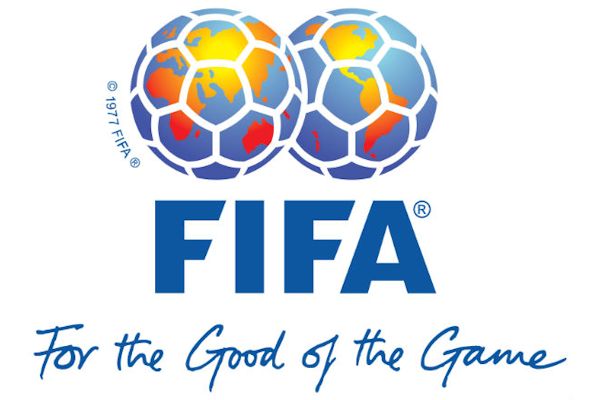FIFA vs UEFA: Tensions Rise Amid Garcia Report Controversy
The rift between FIFA and UEFA has deepened over growing frustration with how world football’s governing body has handled the 2018 and 2022 World Cup bidding process, especially regarding the Garcia report on alleged corruption. The tournaments were controversially awarded to Russia and Qatar, respectively, triggering worldwide scrutiny and internal revolt—particularly from Europe.
Rauball Raises the Stakes
In a bold statement to Kicker, German Football Association (DFB) president Reinhard Rauball hinted that UEFA could leave FIFA if transparency and accountability are not ensured:
“If the Garcia report is not released and the crisis is not resolved in a credible manner, you must consider whether you are still in good hands with FIFA.”
Rauball, who is also president of Borussia Dortmund, voiced what many UEFA leaders have quietly felt: growing disillusionment with Sepp Blatter’s leadership and the perceived lack of reform within FIFA.
Michel Platini’s Silent Disapproval
While UEFA President Michel Platini has not directly challenged Blatter—despite public pressure and expectations—he has made it clear he does not support Blatter’s bid for a fifth term as FIFA president in 2015. Platini declined to run against him but has called for change from within.
Even though Platini refrained from commenting directly on the Garcia report’s suppression, the internal frustration within UEFA is unmistakable.
The Garcia Report: A Turning Point?
The Garcia report, conducted by FIFA’s own ethics investigator Michael Garcia, was meant to investigate corruption allegations in the awarding of the 2018 and 2022 World Cups. However, FIFA’s decision to withhold the full report and release only a summary has sparked outrage and further undermined FIFA’s credibility.
UEFA, representing some of the most influential football associations in the world, is increasingly seen as ready to challenge FIFA’s authority, though an actual breakaway remains unlikely in the short term.
What’s Next?
With elections approaching and international pressure mounting, FIFA faces a pivotal moment. While Rauball’s words may ultimately be symbolic, they reflect the fragile trust between Europe’s football elite and FIFA’s leadership. Further missteps could push UEFA closer to exploring alternatives to FIFA governance, potentially altering the structure of international football as we know it.











